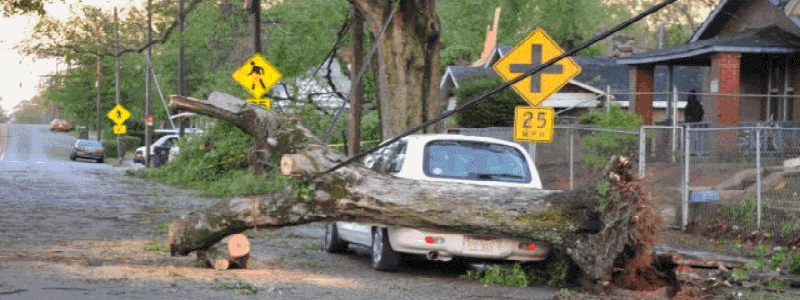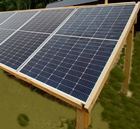
How the system works
Technical details
Contact us
Here we try to answer your questions about solar systems .
1. How much does solar power cost ?
The answer to that varies with each installation but here are some quidelines you can use to estimate costs. If you just want to run a refrigerator in an emergency for say 10 hrs, you can buy a solar generator which is usually a complete system in a box for $800-1200 dollars. Larger systems to run lights and fans in a cabin usually will run in the neighborhood of $3000. Whole house systems can go up quite a bit from there.
2.What does the charge controller do?
The Charge controller monitors the batteries and keeps them from being overcharged and in some cases from being discharged too much. Without this device, your solar panels would over charge your batteries and destroy them. It's a very important part of any solar system.
.
3. Do I have to use a charge controller?
Yes, in most cases, unless you know what you are doing.
4. What kind of battery is best?
By far, the Lithium Ion battery is best as of this date. Newer technologies will replace them at some point. Beware that there are several different "types" of Lithium batteries. There are those made with manganese, Iron Phosphate, cobalt and such. The ones made with Iron Phosphate are the safest type to use in home solar systems. Beware of other types which can be a fire hazard. Look for LifePO4 = Lithium iron phosphate.
5. Why are my panels not producing their rated power?
All solar panels are rated in a controlled temperature condition with a fixed light simulating the full sunlight output. That statement isn't fully understood by most people so here it is in a nut shell: Solar panels produce less power the hotter they get, so when it's hot outside the output will be as much as 15% less than the rated sticker output power. Colder weather will cause them to put out more power and when it gets cold enough, they will put out even more than the rated sticker output. Each manufacturers product is different. JJN has been shown to me to produce it's full rated output at 70 degree's F. But there are others that do that too, but some do not.
6. Should I protect my system in some way ?
Yes, electrical connections should be protected from surges and electro-magnetic-pulses or EMP if at all possible. Simple surge protectors on your inverter will protect it from high voltage spikes generated by circular saws and electric motors if rated for at least 2800 Joules, the higher the better. This is a large subject with many details for each part of the system and I can't really cover it all here.
Make sure you follow your local electrical codes.
7. How long do solar panels last ?
The manufacturers list data for 20/25 yrs. This data typically states a decrease of up to 20% over that period which is not bad at all. At that rate 40 years is not out of the question and I know of people who are using some that are that old.
8. How rugged are solar panels ?
Solar panels are usually rated to withstand 1 inch hale falling at terminal velocity which means as fast as it will fall in air. That being said, I've seen a 400 watt panel completely shattered from one end to the other still producing 200 watts even a few years later. Even with a tree falling on it and the owener taking his foot to push the dented part back it, it's still working to charge a battery running a water pump to this day.
This page is always a work in progress..

